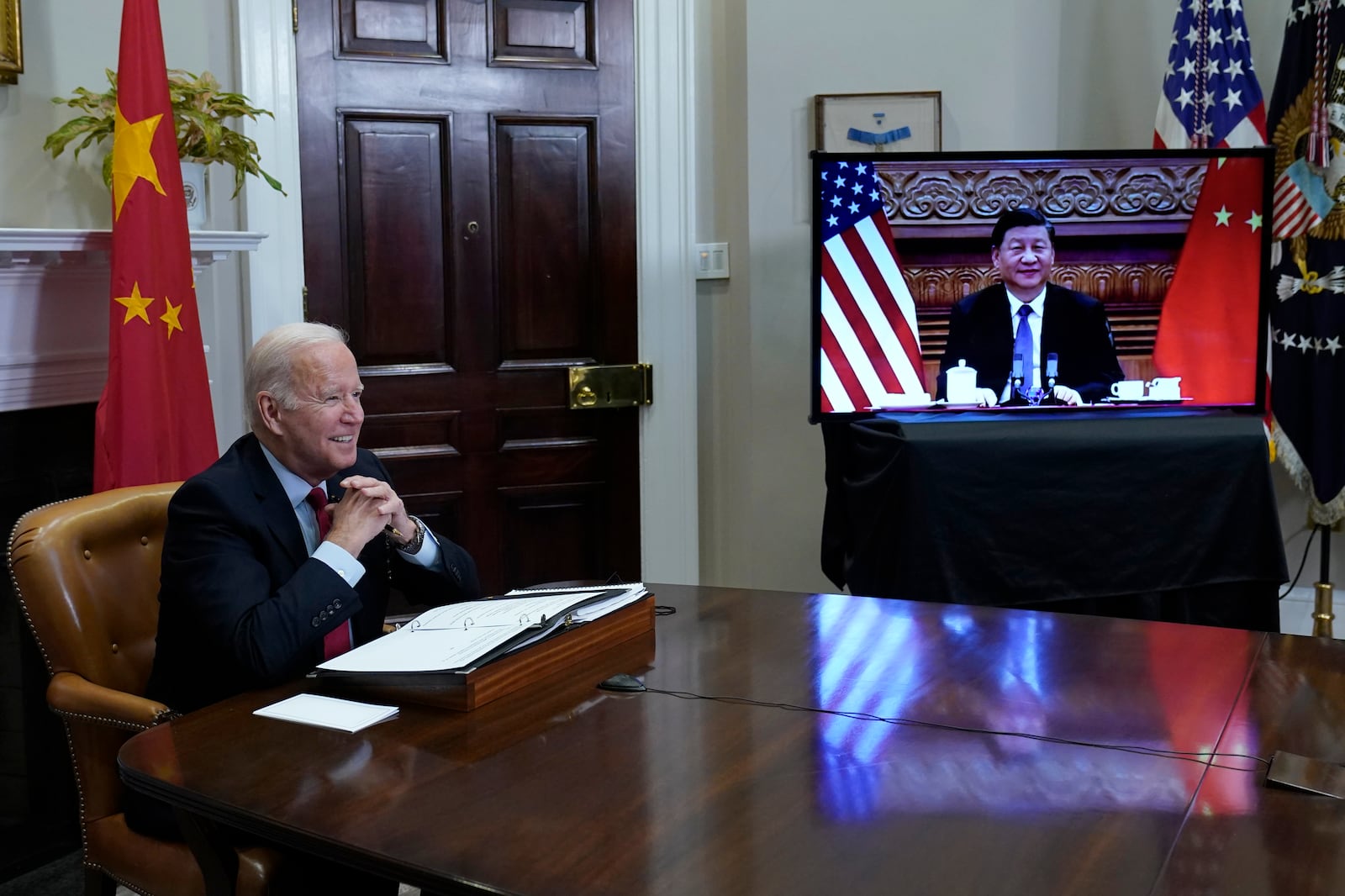US Pressure Fails To Sway Hungary On China Economic Relations

Table of Contents
Hungary's Strategic Rationale: Economic Benefits Outweigh Geopolitical Concerns
Hungary's decision to deepen economic ties with China stems from a pragmatic assessment of national interests. The substantial economic advantages offered by China significantly outweigh the perceived risks associated with aligning closer with Beijing. This strategy prioritizes immediate economic gains over potential long-term geopolitical complications stemming from US pressure.
-
Significant Chinese Investment in Infrastructure: China's substantial investment in Hungarian infrastructure projects, including railway expansions and energy initiatives, is a key driver. These projects inject much-needed capital into the Hungarian economy, stimulating growth and creating jobs.
-
Access to the Chinese Market: Chinese investment facilitates access to the vast Chinese market for Hungarian exports, notably agricultural products and pharmaceuticals. This boosts Hungarian businesses and contributes to a positive trade balance.
-
Economic Growth Fueled by Chinese Investment and Trade: The overall impact of Chinese engagement is substantial economic growth driven by both direct investment and increased trade volume. This is a major factor influencing Hungary's government policy.
-
Comparison to US Investment: Notably, direct US investment in Hungary remains significantly lower compared to Chinese investment, highlighting the tangible economic advantages of the China relationship. This disparity underscores Hungary’s prioritization of immediate economic benefits. Keywords: Chinese investment, Hungarian economy, trade surplus, bilateral trade, infrastructure development.
The Limits of US Influence: Hungary's Balancing Act in Geopolitics
While the US has exerted pressure on Hungary to curtail its economic ties with China, its influence is limited. Several factors contribute to Hungary's ability to navigate this complex geopolitical landscape and maintain its independent stance.
-
Historical Ties and Regional Dynamics: Hungary’s historical ties with other Central and Eastern European countries, and its own unique historical context, shape its foreign policy decisions and lessen the immediate impact of US pressure.
-
EU Membership and National Autonomy: Hungary's membership in the European Union provides a framework for its international relations, but it also asserts its autonomy in navigating relations with external powers, including both the US and China.
-
Perceived Weakness of US Sanctions: The perceived limited impact of potential US sanctions, coupled with the absence of readily available alternative economic partnerships of equivalent scale to China's, further emboldens Hungary's current trajectory.
-
EU-China Relations Complexity: Hungary's relationship with the EU concerning China's influence is multifaceted. While the EU strives for a unified approach, member states often hold differing views on the optimal strategy for engaging with China, offering Hungary room to maneuver. Keywords: EU sanctions, geopolitical strategy, Hungary's foreign policy, US influence, economic leverage.
The Future of Hungary-China Economic Relations: Potential for Further Growth
The trajectory of Hungary-China economic relations points towards continued growth and deepening interdependence. Several factors indicate a strong likelihood of expanded collaboration in the years to come.
-
Expansion of Joint Ventures and Partnerships: Existing joint ventures and partnerships are likely to expand, solidifying the existing economic ties and creating new opportunities for mutual benefit.
-
New Areas of Cooperation: Both countries are likely to explore new areas of cooperation, including technology transfer, innovation, and the digital economy.
-
Belt and Road Initiative (BRI): The Belt and Road Initiative’s continued presence remains a crucial factor in further cementing the economic relationship, offering infrastructure development and increased connectivity.
-
Potential Challenges and Risks: Deeper economic interdependence also carries inherent risks. Balancing economic benefits with potential vulnerabilities will be a key challenge for Hungary in the coming years. Keywords: Belt and Road Initiative, future prospects, economic cooperation, Hungary China relations, bilateral partnerships.
Conclusion: Navigating the Complexities: Hungary's Unwavering Stance on China Economic Relations
In conclusion, Hungary's prioritization of economic benefits from its relationship with China has clearly outweighed concerns about potential geopolitical pressure from the United States. This stance holds significant implications for future US-China relations and for the overall EU policy towards China, illustrating the complexities of balancing national interests in a multipolar world. To understand the evolving dynamics of US pressure and China's economic influence in Hungary, continue reading our in-depth analysis… Learn more about the complexities of Hungary's China economic relations and the implications for global trade.

Featured Posts
-
 Willie Nelsons 4th Of July Picnic Returns To Texas
Apr 29, 2025
Willie Nelsons 4th Of July Picnic Returns To Texas
Apr 29, 2025 -
 The Scarcity Of Dysprosium And Its Implications For The Future Of Electric Vehicles
Apr 29, 2025
The Scarcity Of Dysprosium And Its Implications For The Future Of Electric Vehicles
Apr 29, 2025 -
 Rosenberg Critiques Bank Of Canadas Monetary Policy A Cautious Approach
Apr 29, 2025
Rosenberg Critiques Bank Of Canadas Monetary Policy A Cautious Approach
Apr 29, 2025 -
 Willie Nelson Documentary Tops Austins Weekly News
Apr 29, 2025
Willie Nelson Documentary Tops Austins Weekly News
Apr 29, 2025 -
 Trump Weighs Pardon For Pete Rose Understanding The Betting Ban Controversy
Apr 29, 2025
Trump Weighs Pardon For Pete Rose Understanding The Betting Ban Controversy
Apr 29, 2025
Latest Posts
-
 Brit Paralympian Missing At Wrestle Mania Found Safe
Apr 29, 2025
Brit Paralympian Missing At Wrestle Mania Found Safe
Apr 29, 2025 -
 Controversial Cardinals Conclave Voting Rights Under Scrutiny
Apr 29, 2025
Controversial Cardinals Conclave Voting Rights Under Scrutiny
Apr 29, 2025 -
 Papal Conclave Disputed Voting Rights Of A Convicted Cardinal
Apr 29, 2025
Papal Conclave Disputed Voting Rights Of A Convicted Cardinal
Apr 29, 2025 -
 Convicted Cardinal Fights For Conclave Voting Rights
Apr 29, 2025
Convicted Cardinal Fights For Conclave Voting Rights
Apr 29, 2025 -
 Cardinal Maintains Voting Eligibility Despite Conviction
Apr 29, 2025
Cardinal Maintains Voting Eligibility Despite Conviction
Apr 29, 2025
